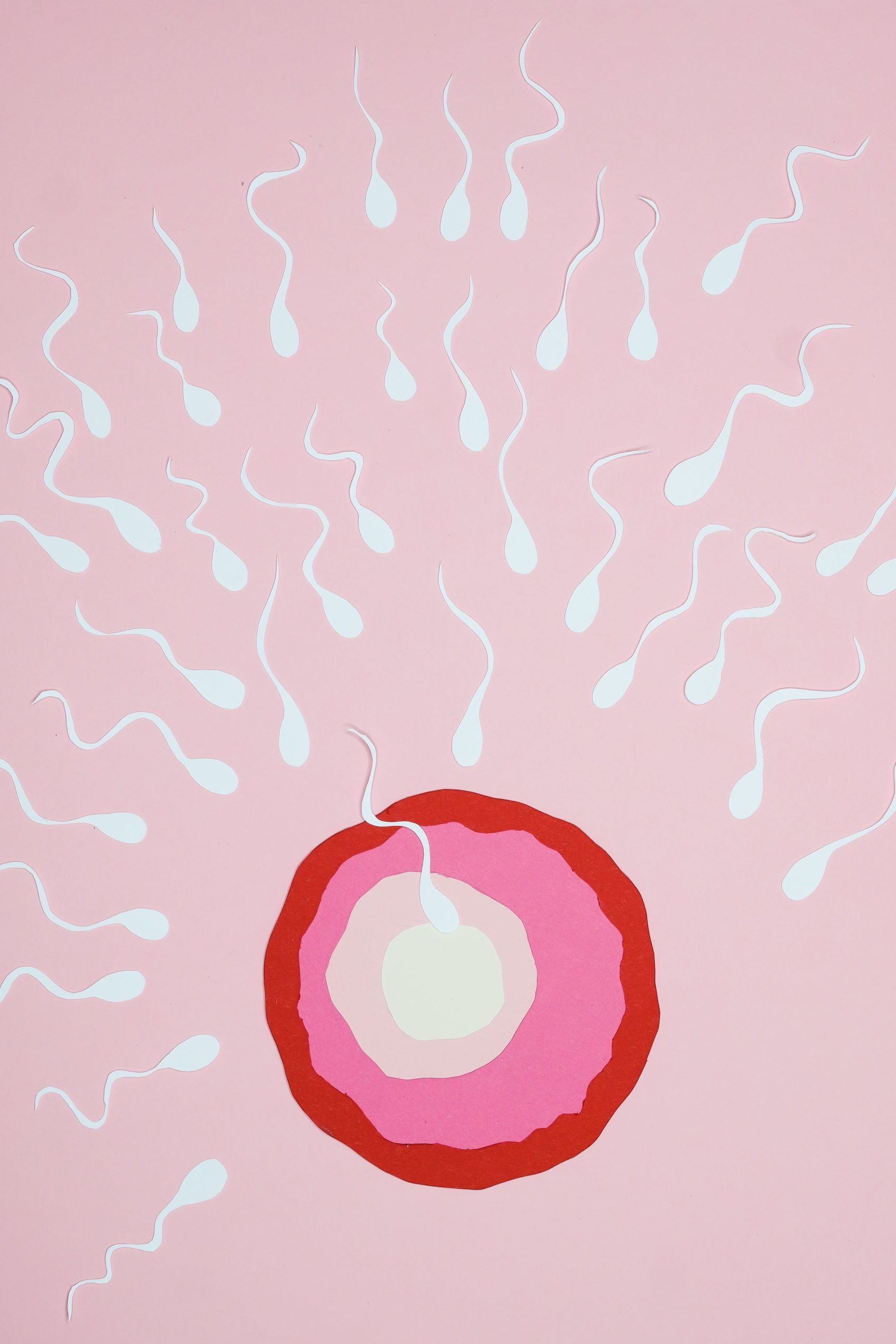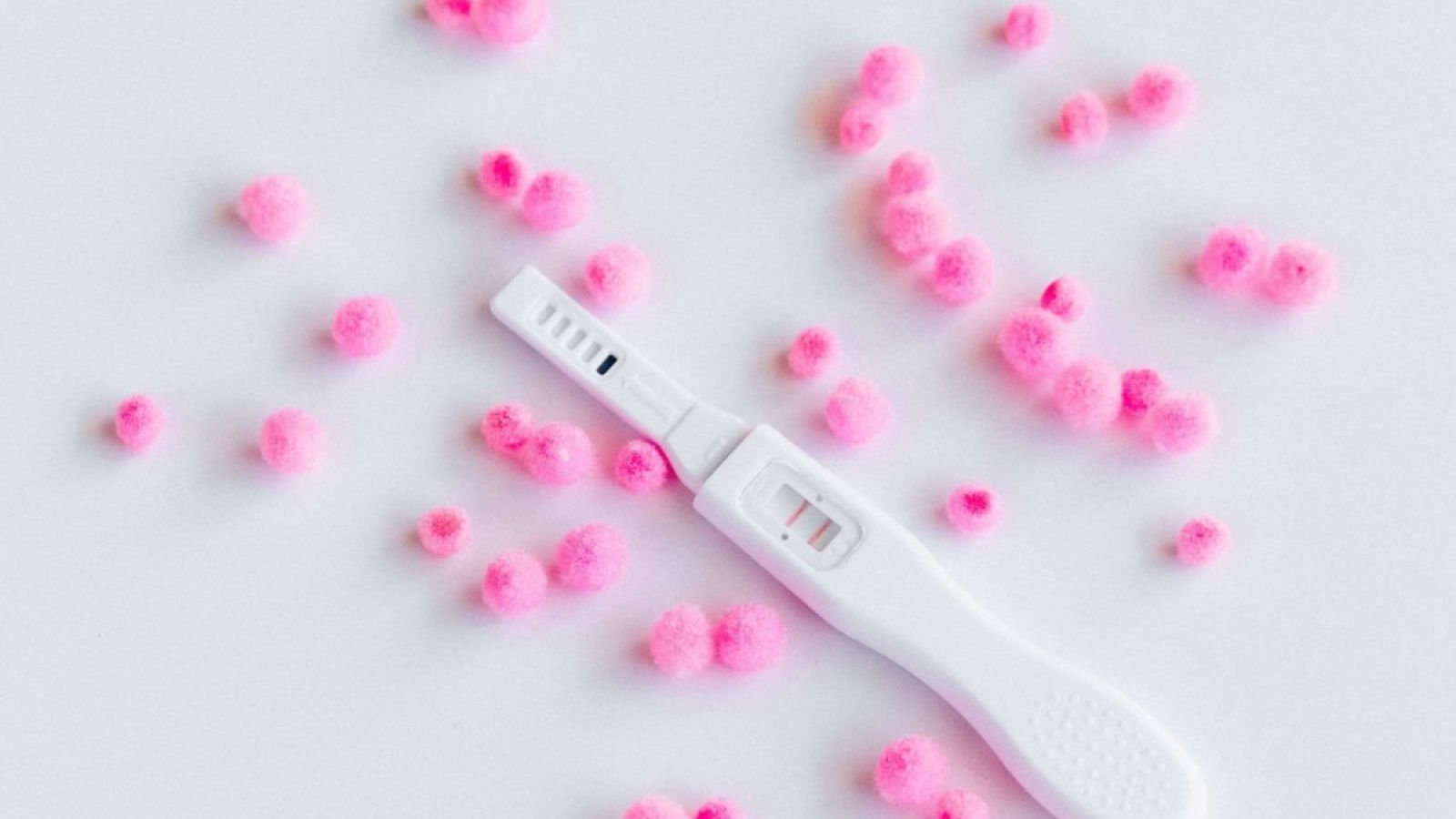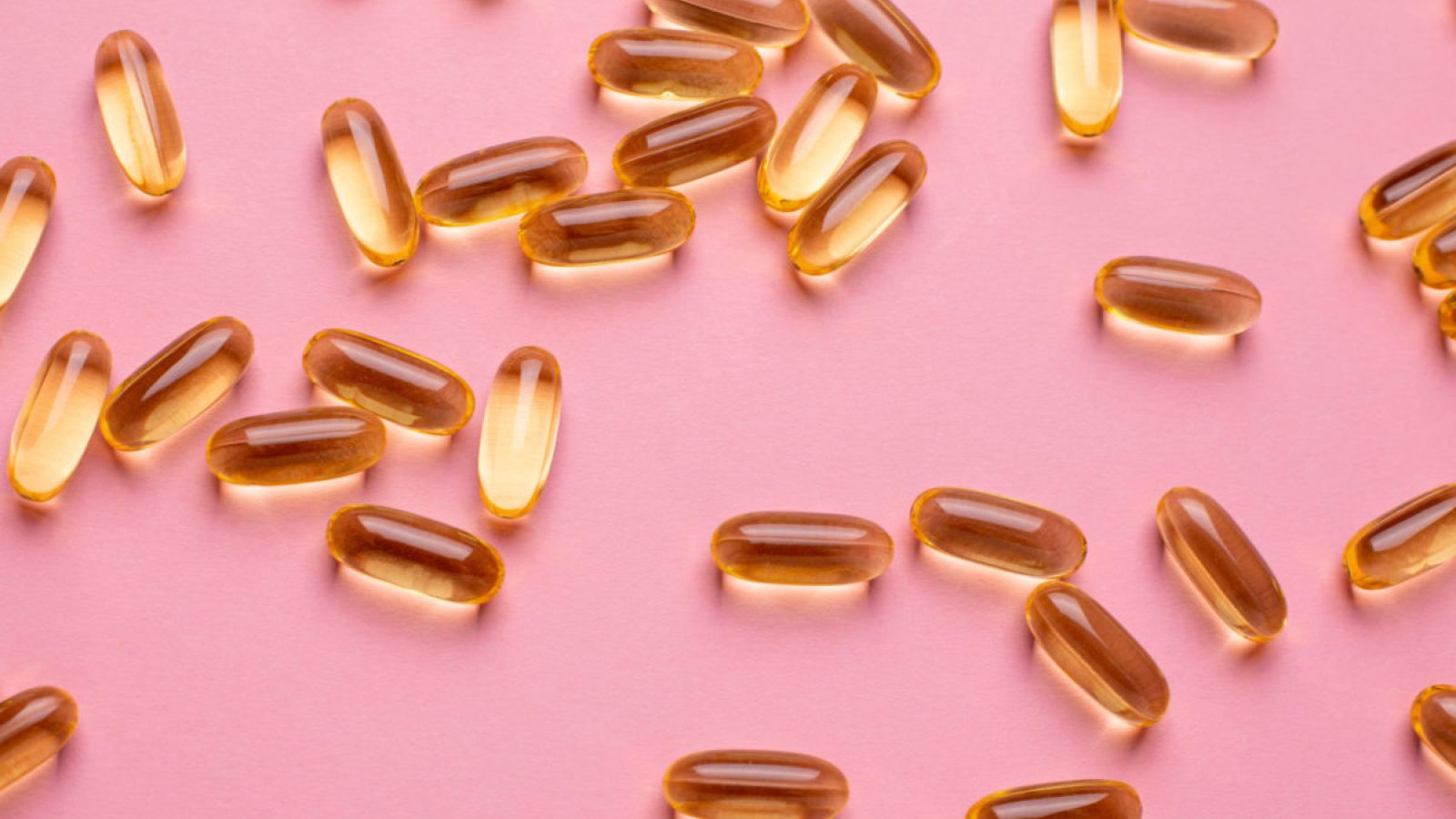
How to postpone menopause
It’s no secret that getting pregnant and having a healthy baby gets harder as you get older and the quality and quantity of your eggs decline. But that doesn’t mean it can’t happen.
Following a healthy diet and lifestyle today can help preserve your ovarian reserve, postpone menopause and potentially extend your fertility in years to come.
11 tips on how to delay menopause naturally:
- Eat seafood 1-3 times a week—oily fish, such as salmon is particularly rich in omega-3 fatty acids, which may prevent ovarian aging
- Eat more than 250g of complex carbohydrates a day—wholegrain pasta, bread, and rice are a good source of fiber
- Eat more than 100g of protein a day—especially vegetable proteins such as beans, lentils, and soy as these may lower the risk of early menopause
- Eat more than 2 servings of dairy products every day—milk, yogurt and cottage cheese are full of calcium, which may delay menopause
- Eat 200g vegetables—green and yellow vegetables, like leafy greens and squashes
- Eat more than 400g of fruit a day—oranges and lemons have been particularly linked to postponing the menopause
- Drink tea more than 3 times a week—doing this for more than six months may keep your cycles going for longer
- Limit alcohol—don’t drink more than 3 drinks a week
- Don’t smoke—women who smoke reach menopause about two years earlier than those who don’t
- Do moderate to high levels of exercise—the younger you can start this active lifestyle, the better
- Go on a low-calorie diet if you are overweight—this may improve your ovarian reserve.
Male fertility decline — what happens and when?
Of course, it’s not just female fertility by age that matters. Although it happens later in life, there is also a male fertility decline that happens as men get older. By their mid-to-late 40s, changes in men’s sperm make it more difficult to achieve a pregnancy and chromosomal problems are more likely in any children who are conceived.
But the good news is there are things that men can do, too. Learn more about foods to increase male fertility!







